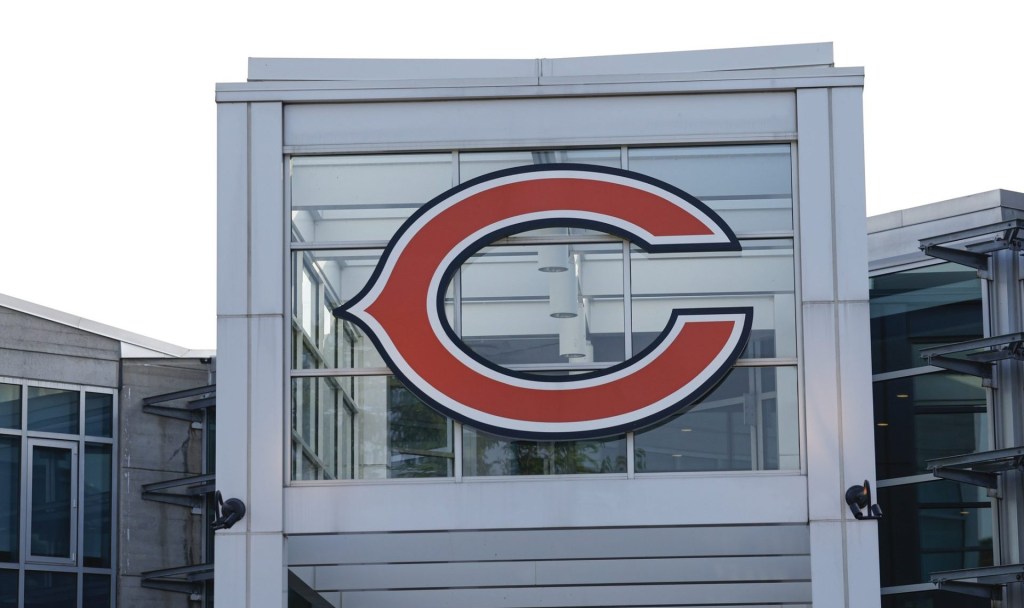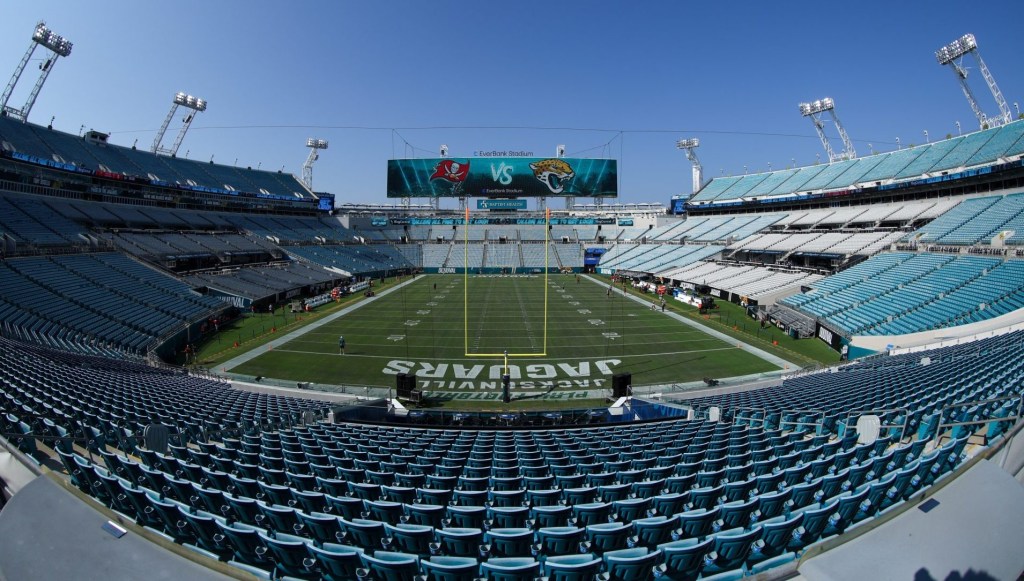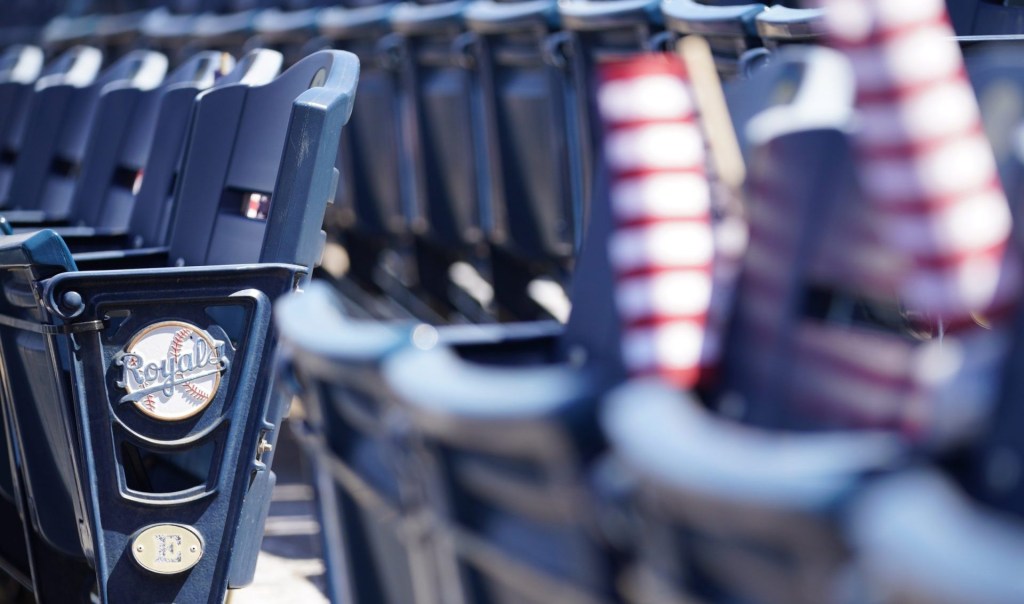Is this the beginning of the end of the Rays in the Tampa area after 27 years? It may be after St. Petersburg, Fla., mayor Ken Welch said the city is prepared to move on without the MLB club.
Speaking Tuesday at his State of the City address, Welch said St. Petersburg has other options should the Rays walk away from a deal to build a $1.3 billion stadium and an adjacent mixed-use development in the city’s Historic Gas Plant District, and is prepared to exercise them. Both the city and Pinellas County recently approved bonding to fund $600 million of the projected stadium cost, but perceived delays in those legislative moves have introduced additional costs that the Rays say they cannot bear alone.
“We will not pursue the deal at any cost,” Welch said. “The greatness and future of St. Pete does not depend solely on this deal, and I am confident that we have given this endeavor our very best effort. It’s an effort and a process we can all be proud of.”
Welch’s comments highlight further the unique and particularly fraught nature of the Rays stadium deal. Even after the long-sought-after approvals for the public bonding, there is not a finalized agreement to build the stadium. The Rays have until March 31 to meet certain logistical benchmarks that will unlock the public money. Up to this point, though, team owner Stu Sternberg has only said, “We’ll decide how we want to proceed at that point, well before that point.”
That murky-at-best position has frustrated many local leaders.
“It’s not like we both haven’t spent a lot of time talking about what the right deal would be, and so now to say, ‘That doesn’t make sense,’ I think it would undermine any efforts moving forward,” Welch said.
Inherent Conflict
The stadium debate also exposes a mix of local priorities that are frequently at odds with each other. MLB commissioner Rob Manfred has been highly invested in resolving the Rays’ situation, including spending considerable time in the Tampa area late last year to help secure votes for the bonds. The league is also reluctant to give up what is now the country’s No. 11 media market, and one continuing to see strong population growth.
The Tampa area, however, is continuing a difficult recovery from multiple large-scale hurricanes in recent years, with public leaders facing constant questioning about the use of taxpayer funds for a stadium in the midst of that rebuilding effort.
“These storms are undeniable evidence of our new reality,” Welch said. “Extreme weather and climate change will affect our quality of life and our ability to provide and maintain critical services.”
The broader discussions about a new stadium also are running parallel to shorter-term considerations around repairs to the hurricane-damaged Tropicana Field, and the Rays’ temporary stay at George M. Steinbrenner Field, the spring training home of the Yankees.
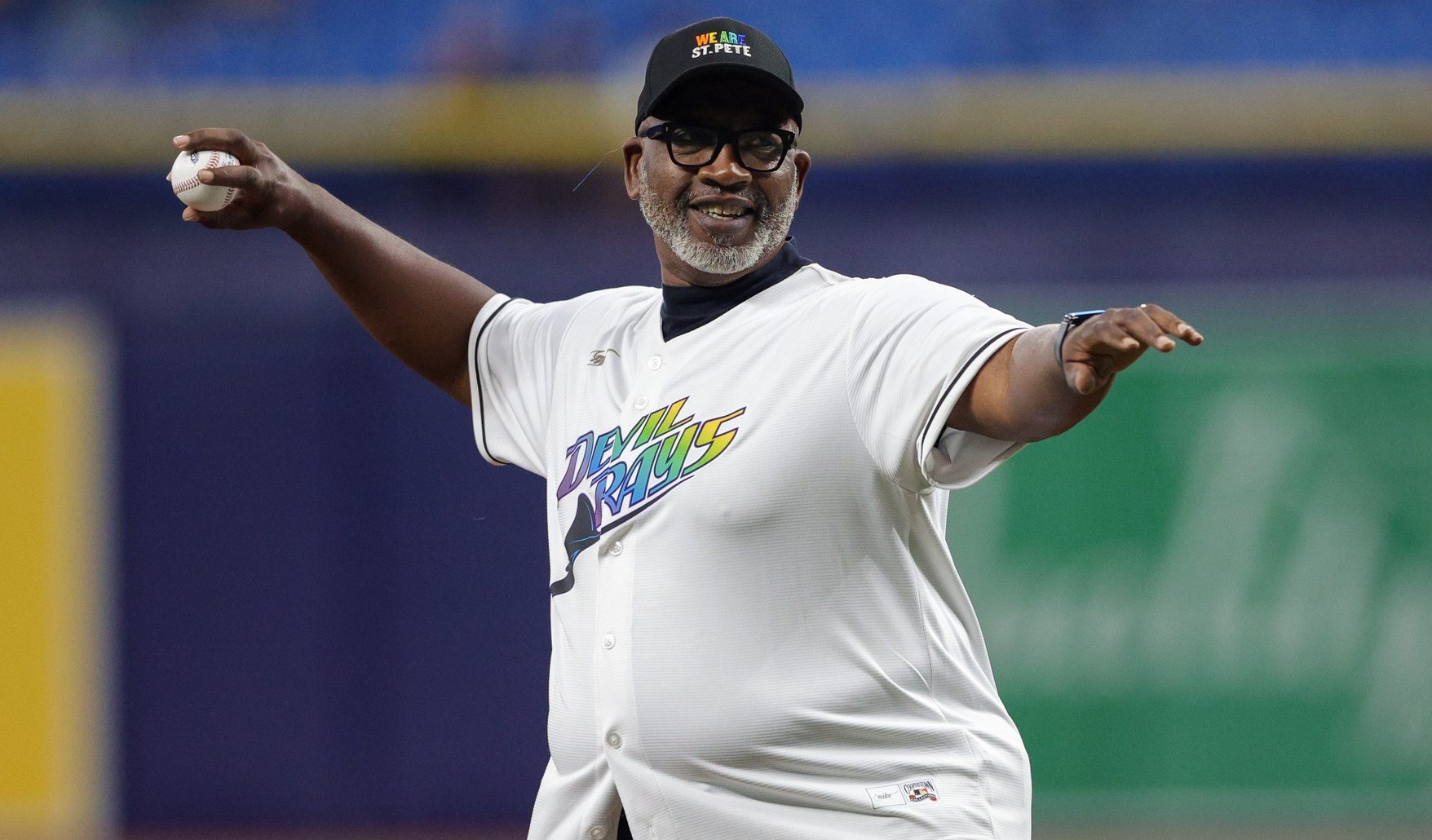
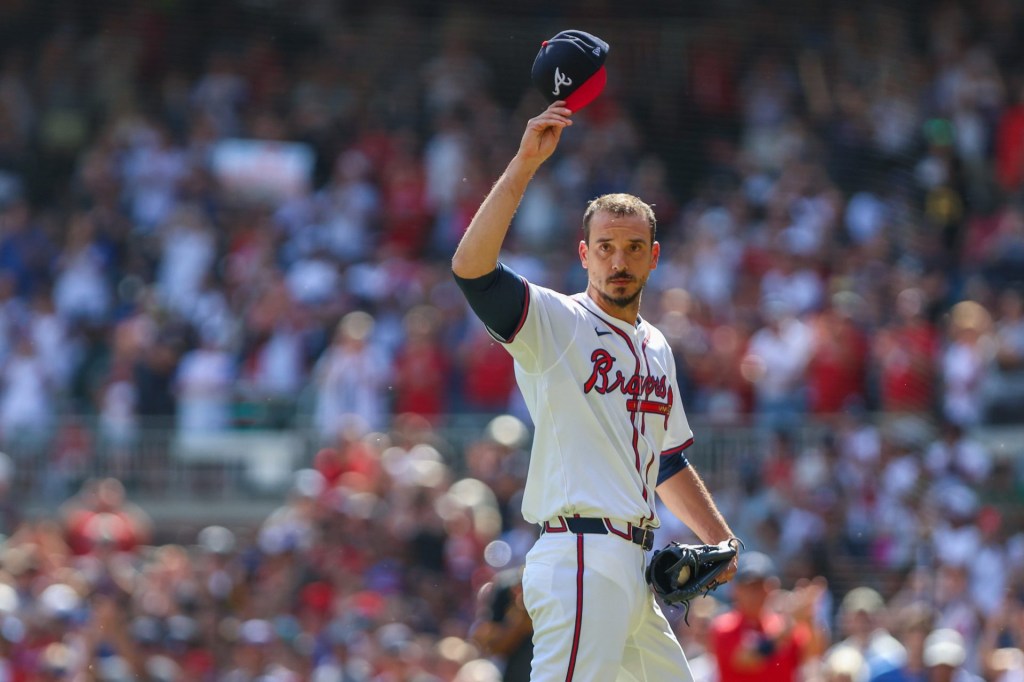

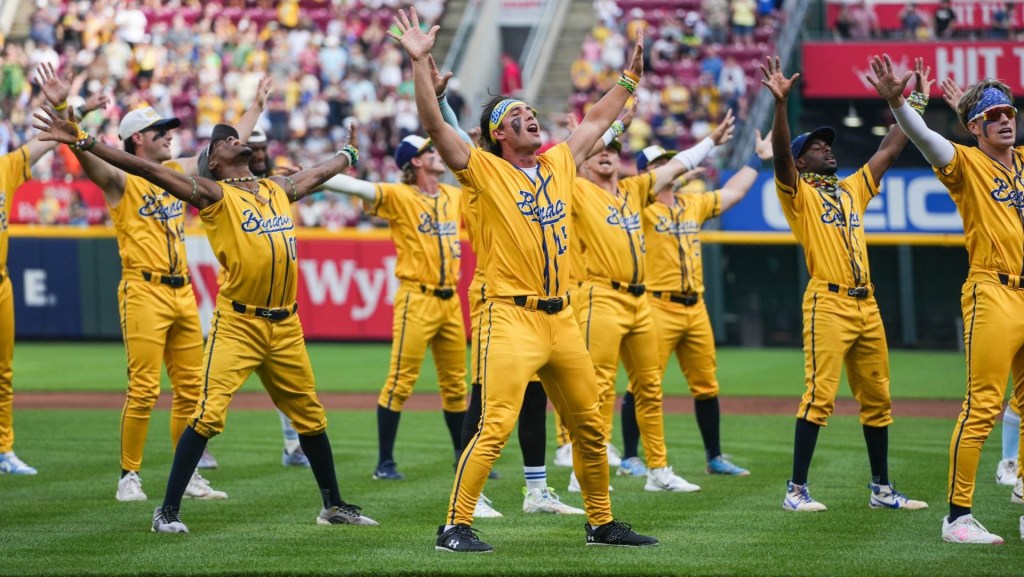

![[Subscription Customers Only] Jul 13, 2025; East Rutherford, New Jersey, USA; Chelsea FC midfielder Cole Palmer (10) celebrates winning the final of the 2025 FIFA Club World Cup at MetLife Stadium](https://frontofficesports.com/wp-content/uploads/2026/02/USATSI_26636703-scaled-e1770932227605.jpg?quality=100&w=1024)




